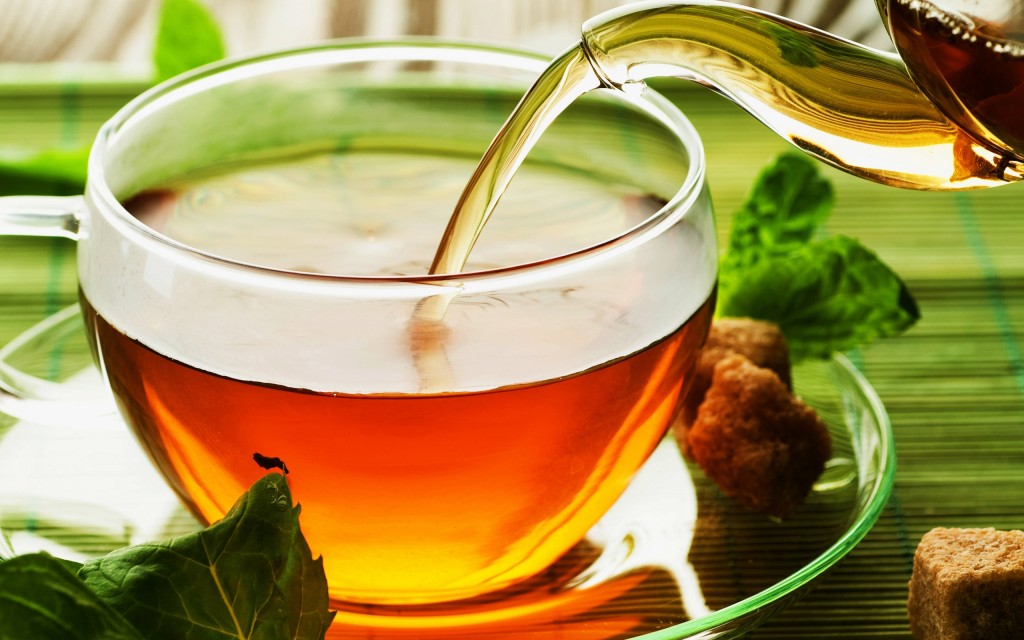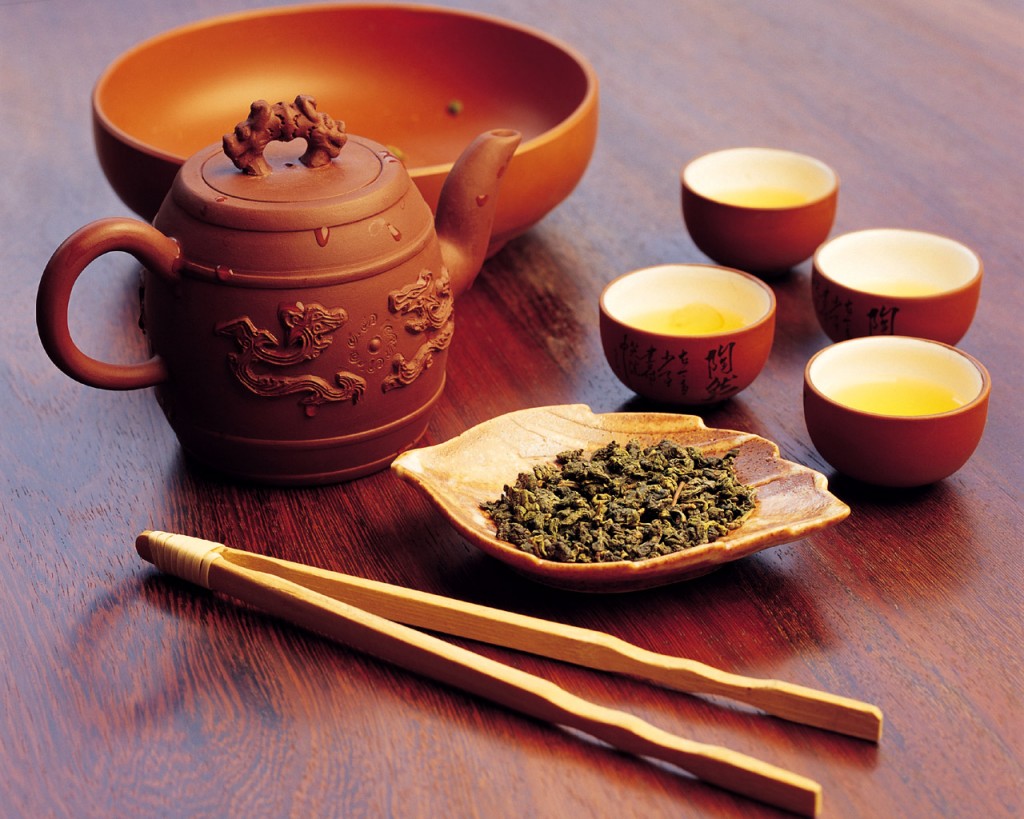Since time immemorial, tea carries different meanings to different people. There is a great deal of poetry and fine sentiment in a chest of tea.
For some making tea is an art; for others drinking tea is a matter of keeping good health. Yet for many – tea is a way of life, a necessity for social gatherings and meetings.
Tea is a natural drink. All tea comes from the plant called Camellia Sinensis, an evergreen tree that grows in sub-tropical and tropical regions from sea level to over 8,000 feet. Tea processing is worth watching. During the process, by the orthodox method, the leaf is processed into twisted or cut particles of various sizes.
India’s tea history dates back several centuries. It is the largest producer and consumer of black tea in the world. Drinking tea is more of a habit in India. That is because in India, ‘chai’ as tea is popularly called, is widely consumed, starting from roadside dhabas, tea stalls and small hotels to five – star hotels, and from the house of a farmer to the mansion of a president. We are predominantly a tea – drinking nation and chai has remained the most preferred beverage for the majority of the populace.
With more than 1,600 tea estates and over a lakh of small tea growers, India prides itself as one of the leading producers and consumers of tea. The finest tea comes from the hills of Darjeeling (altitude 6,000 feet) and the valleys of Assam. Tea is also produced in the Dooars and Terai region of North Bengal and the smaller North Indian states. These areas are popularly known as North India in tea parlance. In South India, tea is produced in Karnataka, Kerala and Tamil Nadu.
Darjeeling, however, represents just over one per cent of all the tea produced in India. While teas produced from the plantations in Darjeeling are known for their flavor, Assam teas comprise strong and robust liquors. And if one opts for a combination of fragrance, brisk liquor and strength, then Nilgiri tea of the South is the answer.
The uniqueness of India lies in the fact that this country is the one – stop destination for all types of tea, orthodox, instant, with a wide range of flavor, aroma, colour, briskness and taste. Flavor is the quintessential factor that defines the quality and branding of tea. Tea tasting is a highly specialized activity and tasters have to develop the expertise to distinguish between the flavours. Tea tasters are the key people who taste, brand and help market the product.
Quality components of tea, coupled with its antioxidant properties, make it a unique beverage. An aromatic and vibrant drink, tea is almost like the elixir of life. With its abundant properties that are beneficial to health, and at the same time refreshing and rejuvenating, a cuppa tea might just be the drink you are looking for feeling good and keeping well.
– HINAL SHAH







5 Comments